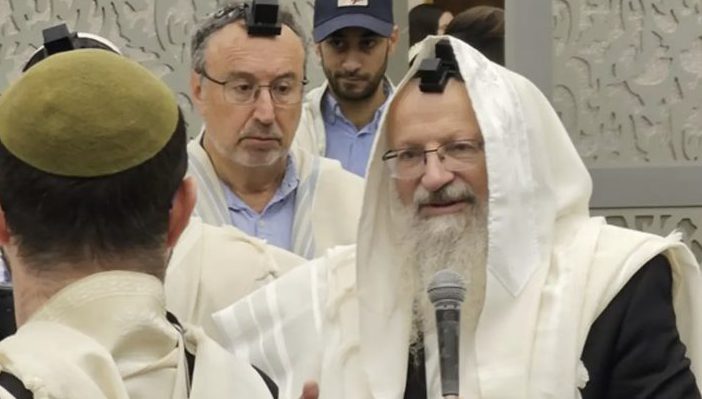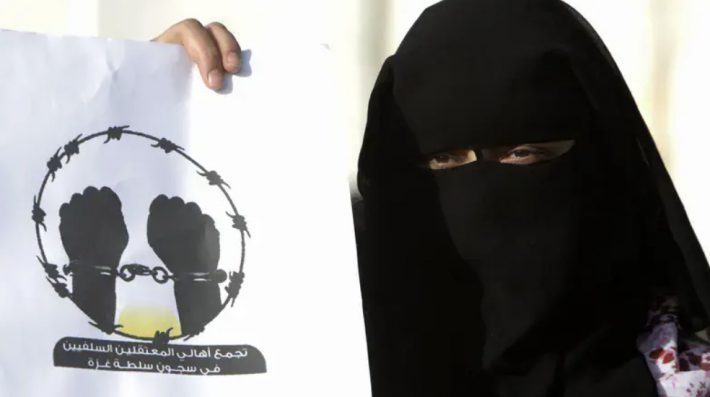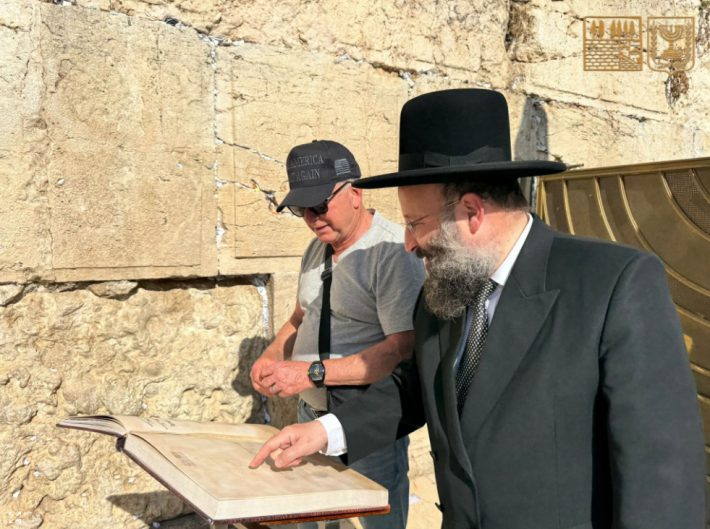A Battle to Prevent Civil War Among Israel – The story of Pinchas reveals how inner conflict, not external enemies, poses the greatest threat to Israel—making unity and righteous leadership the key to peace and national survival.
When the prophet Bilaam saw that the Israelites could not be defeated by military force, he devised a more insidious strategy: to sow division within. If Israel could be turned against itself—brother against brother—their strength would collapse from within. Thus, he unleashed a plan involving the daughters of Moav and Midian to seduce Israel into sin and trigger internal strife.
The result was chaos. The men of Israel, led by members of the tribe of Shimon, fell into idolatry and immorality with Moabite women. Among them was Zimri, a tribal leader, who defiantly took Cozbi, a Midianite princess, in public display. In response, Moses instructed the judges to execute those involved in idolatry:
“Moses said to the judges of Israel, ‘Each of you shall kill those of his men who were joined to Baal Peor.’” (Numbers 25:5)
Zimri’s Revolt: A Challenge to Moses’ Authority
Zimri, urged by his tribe, challenged Moses’ authority. He accused Moses of hypocrisy—questioning how he could condemn Zimri for taking a foreign woman while he himself had married Zipporah, the daughter of Yitro.
Zimri rallied 24,000 men and paraded Cozbi before Moses and the people, forcing a confrontation that could have torn the nation apart. In that moment of crisis, the nation wept in paralysis.
Pinchas: Acting to Save a Nation
Enter Pinchas, grandson of Aaron the High Priest. While his actions—killing Zimri and Cozbi—seemed extreme, they were driven not by hatred, but by the urgent need to stop a civil war and restore divine order.
“Pinchas… took a spear in his hand… and pierced both of them… and the plague was halted from the people of Israel.” (Numbers 25:7–8)
Outwardly, it appeared Pinchas had escalated the violence. But inwardly, his intent was peace. Even the ministering angels and many Israelites initially condemned him.
Yet God knew his heart.
“Therefore, say: I give him My covenant of peace. And it shall be for him and his descendants after him a covenant of everlasting priesthood, because he was zealous for his God and made atonement for the children of Israel.” (Numbers 25:12–13)
Peace Through Strength—and Unity
The Talmud teaches that Pinchas’ priesthood was awarded only after this act. He did not seek division, but rather intervened to heal it. Later, he played a key diplomatic role in averting another civil war when the tribes of Reuven, Gad, and half of Manasseh built an altar east of the Jordan. Suspected of creating a rival cult, the nation prepared for war—but Pinchas led a delegation that opened dialogue. The tribes clarified their loyalty, and war was averted. (Joshua 22:30)
This moment underscored Pinchas’ true legacy—not just a zealot, but a peacemaker.
Pinchas is Eliyahu: Herald of Ultimate Peace
Jewish tradition identifies Pinchas with Eliyahu the Prophet, who will return to proclaim peace and reconciliation before the coming of the Messiah.
“And I will make them one nation in the land… they shall no longer be two nations, nor shall they be divided into two kingdoms anymore.” (Ezekiel 37:22)
The Real Strength of Israel: Internal Unity
The lesson is timeless: Israel’s strength is not merely military—it lies in unity of purpose, in moral clarity, and in refusing to be torn apart from within. The schemes of Bilaam can only succeed if Israel allows itself to be divided.
As long as we pursue inner peace and unity, no enemy can overcome us. May the merit of Pinchas guide us to heal our divisions and build a nation worthy of divine peace.





